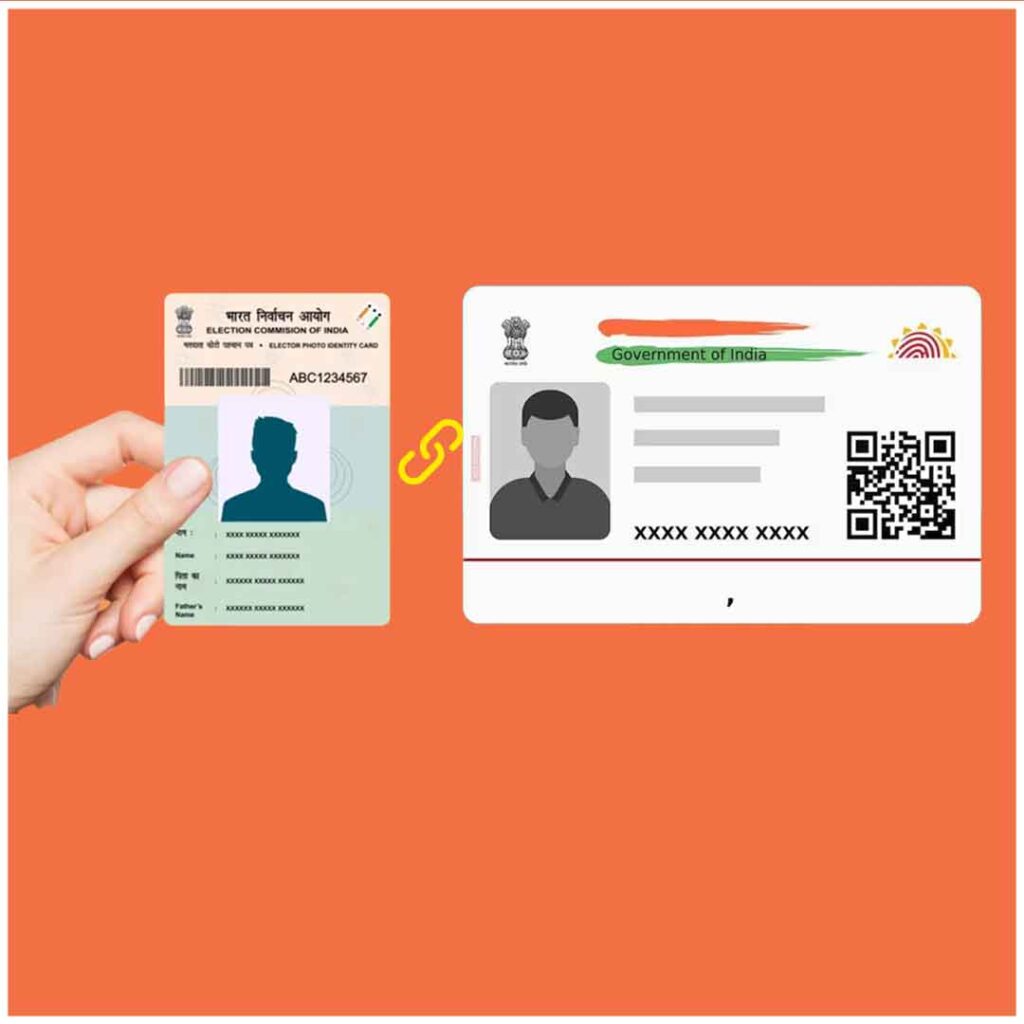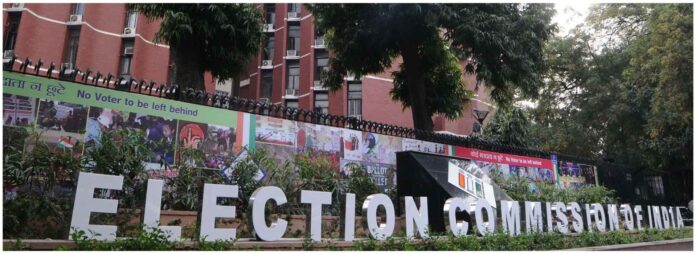In a significant move aimed at reinforcing the privacy and autonomy of Indian citizens, the Election Commission has called for a pivotal amendment to the existing laws governing the electoral process. This proposal specifically targets the integration of Aadhaar numbers with voter identification cards, advocating for a legal framework that unequivocally confirms this process as voluntary.

The initiative stems from ongoing discussions about the efficiency and integrity of the electoral process in India. The linking of Aadhaar with voter IDs was proposed as a solution to cleanse the voter rolls of duplicates and inaccuracies, thereby ensuring a more streamlined and fraud-free electoral process. However, concerns regarding privacy and the potential for misuse of personal information prompted a need for clear legislative action.
Proposed Legal Amendment
The Election Commission’s advocacy for legal revision focuses on embedding a clause that explicitly states the voluntary nature of Aadhaar integration with voter IDs. This amendment is crucial for multiple reasons:
- Privacy Protection: It addresses the growing concerns among citizens about their privacy and the safeguarding of their personal information.
- Autonomy of Voters: By making the integration voluntary, the law empowers voters to decide for themselves whether they wish to link their Aadhaar with their voter ID, thus respecting individual choice and autonomy.
- Clarification of the Process: A legal amendment would dispel any ambiguities regarding the Aadhaar linking process, making it clear to every stakeholder involved, from the voters to the officials implementing the process.
Implications of the Amendment
The proposed legal revision has several far-reaching implications:
- Increased Trust in the Electoral Process: By affirming the voluntary nature of Aadhaar linking, the Election Commission aims to build greater trust among the electorate in the electoral process and the mechanisms that govern it.
- Protection Against Coercion: It ensures that citizens are protected from any form of coercion or pressure to link their Aadhaar with voter IDs, safeguarding their rights and freedoms.
- Enhanced Electoral Integrity: While the amendment emphasizes the voluntary aspect, it also recognizes the potential benefits of linking Aadhaar with voter IDs in terms of reducing fraud and ensuring the accuracy of voter rolls. Thus, it strikes a balance between enhancing electoral integrity and protecting individual rights.
The Way Forward
The Election Commission’s proposal is a call to action for lawmakers to revisit and revise the legal framework governing electoral processes. It signifies a step towards more transparent, secure, and citizen-centric electoral governance. As the proposal moves through the legislative process, it will be subject to debates and discussions that will ultimately shape the future of electoral participation in India.
Conclusion






















